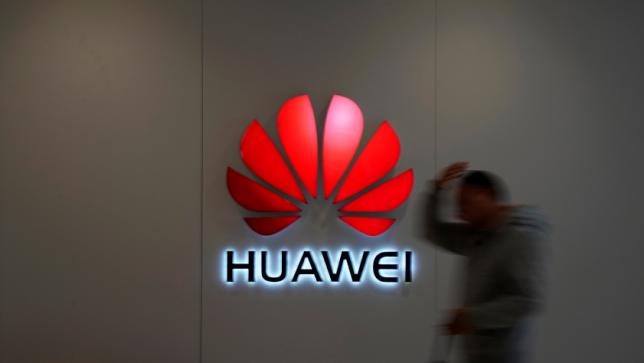Huawei has big plans for AI, 5G

Huawei will bring huge change to the world with its work in the field of artificial intelligence (AI) and fifth-generation (5G) network, a top official of the global ICT solutions provider said yesterday.
“We are working on a system which will enable the screen of an electronic device to show whatever its user is thinking to search for. We named it Zero Search,” said Ken Hu, deputy chairman of the company.
Huawei will do it with the help of AI. Button free interaction will be another gift from Huawei to its consumers, which will enable them to interact with the devices they use in their daily lives, he said.
People now have to use a lot of electronic devices and apps. In button-free interaction, all the devices will be connected to smartphones.
"The AI will decide when and what app to open and use. It will make life easy."
“All these revolutions will change the world for good,” Hu said, during his keynote speech on the opening day of the 16th annual Global Analyst Summit in Shenzhen, China.
More than 700 industry and financial analysts, key opinion leaders and media representatives from across a range of industries, including telecoms, internet and finance, are taking part in the programme at the Hotel InterContinental.
The fastest data connection, or 5G, is another revolution where Huawei is spending big. The 5G will ensure brand new seamless experience for consumers, Hu said.
“5G came much faster than we expected. We hope the number of 5G users will hit the half a billion-mark in three years whereas it took five years for 4G to hit the mark and 10 years for 3G.”
In its first year, there were only 400 base stations to work for 4G network, whereas the number crossed 100,000 at the same time for 5G. “By 2025, the number will hit 6.5 million and will be ready to serve 2.8 billion users.”
At the event, William Xu, director of the Huawei board, shed light on the importance of taking more strategic initiatives to build a modern and technology-based world.
Huawei will take different initiatives, including funding university research, building labs, and making technological investments to ensure inclusive development, said Xu, also the president of the Institute of Strategic Research of Huawei.
About the success the company has achieved, he said: “There are no secrets to Huawei's success. It is the result of our investment of more than $100 billion in research and development over the past 30 years.”
The company's efforts to build the best hybrid cloud for the digitalisation of the industry were highlighted by David Wang, executive director of the Huawei board, at the three-day international conference.
Wang, also the president of Huawei for ICT strategy and marketing, described how the company is mobilising resources to empower Huawei Cloud.
Replying to a query, Ken Hu said the security risk, which has become a headache for all countries, is not a political challenge; rather it is a technical challenge.
The whole world should come forward to solve the problem, he said. “We do hope that technologies are safer and can make our lives safer.”
Hu also discarded the possibilities to separate its chip business from the company's core business platform.
During the question-answer session, Wang said mobile operators have to be ready to invest more for 5G compared to 4G. “The 4G has helped us save cost by 10 times compared to 3G. The 5G will do the same now.”
Several roundtables were also organised on the first day.
